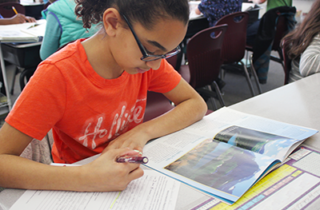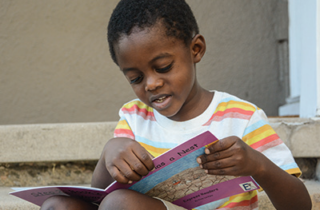Presented by Dr. Mary Dahlgren, CEO and Founder, Tools 4 Reading; Dr. Antonio Fierro, Chief Academic Advisor, Tools 4 Reading; and Dr. Deb Glaser, Educational Consultant, Author, and Professional Development Provider
Presented by Dr. Mary Dahlgren, CEO and Founder, Tools 4 Reading; Dr. Antonio Fierro, Chief Academic Advisor, Tools 4 Reading; and Dr. Stephanie Stollar, Founder, The Reading Science Academy and Stephanie Stollar Consulting
Presented by Claudia Castillo-Magallanez, Professional Learning Consultant – Bilingual Specialist, Frog Street
Presented by Erica King, Former Early Childhood Educator, Current Senior Content Development Manager, Hatch Early Learning
Presented by Dr. Kathy Escamilla, Professor Emerita of Education, University of Colorado Boulder; and Doris Chávez-Linville, Director of Linguistic and Culturally Diverse Innovation, Renaissance
Presented by Kristina Smekens, President, Lead Consultant, Smekens Education
Moderated by Monica Myers, Playbook Pro Remote Coach, Smekens Education
Presented by Elise Lovejoy, CEO and Founding Teacher, Express Readers
Moderated by Erica Vuolle, Educator Engagement Coordinator, EdCuration
Presented by Dr. Mary Dahlgren, CEO and Founder, Tools 4 Reading; Dr. Antonio Fierro, Chief Academic Advisor, Tools 4 Reading; and Dr. Stephanie Stollar, Founder, The Reading Science Academy and Stephanie Stollar Consulting
Presented by Dr. Amanda Alexander, Chief Academic Officer, Scholastic Education Solutions; Dr. Julia B. Lindsey, Early Literacy Expert and Consultant; and Elaine Shobert, Instructional Leader, Rock Rest Elementary School (NC)
Presented by Rachel Brown, Ph.D., Senior Research Associate, Illuminate Education, Inc.; and John Bielinski, Ph.D., Senior Director of Research and Development, Illuminate Education, Inc.











